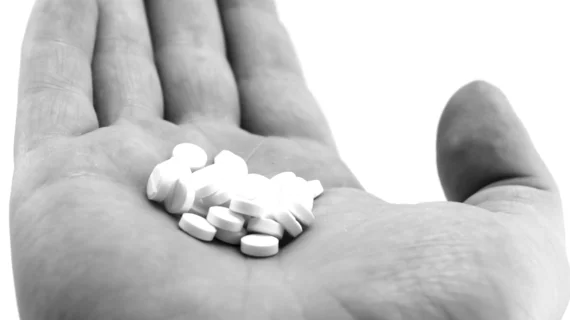Drug prices surge thanks to new product launches
New drug launches are pushing overall drug prices higher, according to an analysis by 46Brooklyn. Drugmakers may not be increasing existing drug prices as high as they once did, but new drug launches are more than making up for that change, the report found.
Of all the generic drugs launched in 2019, the average sticker price is around $800 per month. The top 25% of the 2019 generics has an average price above $1,800 per month.
Compared to generics, brand-name drugs are not seeing the same increase in price. However, from 2006 to 2019, brand-name drugs in the 25th percentile of prices went up 226% in cost at launch for a one-month treatment. In the median percentile (50th percent), brand-name drug launches were up 934% from 2006 to 2018, before dropping in 2019.
Drugs in the highest percentile (75th) had a huge increase. The sky-high jump in the 75th percentile was largely driven by Zolgensma, according to 46Brooklyn. The drug launched in 2019 with a cost of more than $2.1 million. Without Zolgensma, this group saw a launch price increase of 1,397%.
However, some list prices of drugs may actually be fake, as insurance companies and other healthcare companies negotiate rebates and other discounts with pharma companies. In effect, few people actually pay list price for a drug. And a rising number of rebates could be having an impact on list prices themselves.
“So yes, brand drug launch prices are going up, and aggressively so,” the report reads. “But escalating rebates cloud the actual net cost impact of higher list prices, leaving us very much in the dark on what all of this means.”
When these brand-name drugs lose exclusivity rights, new generics can be launched with similarly sky-high price points.
Find the full report here.

